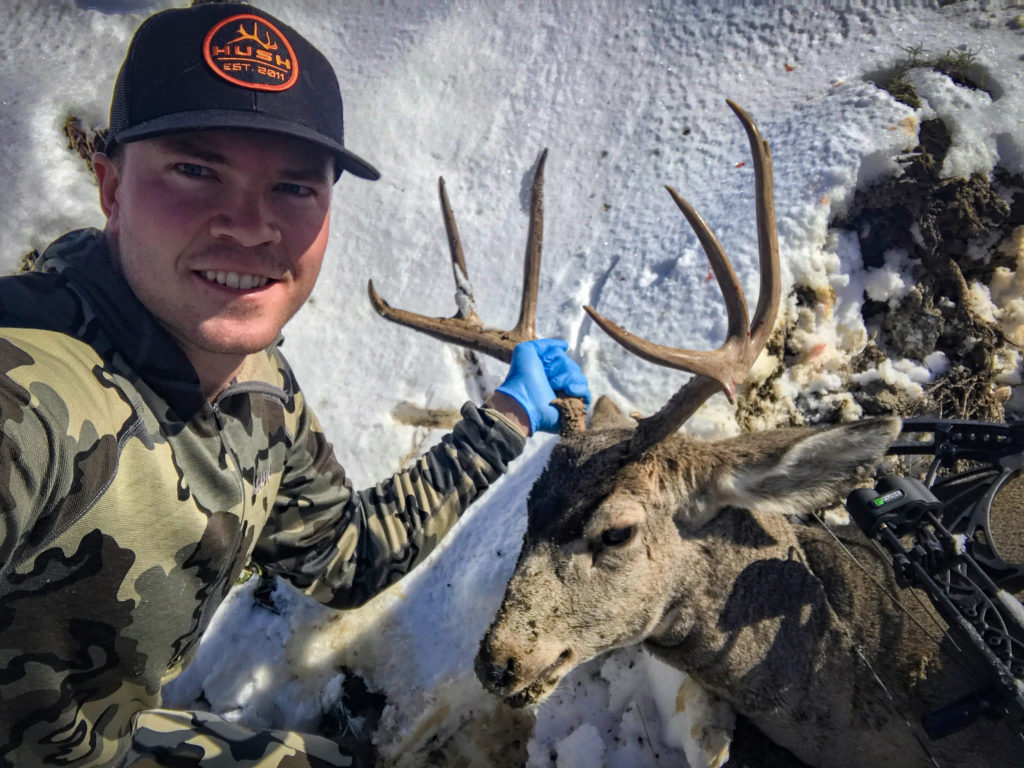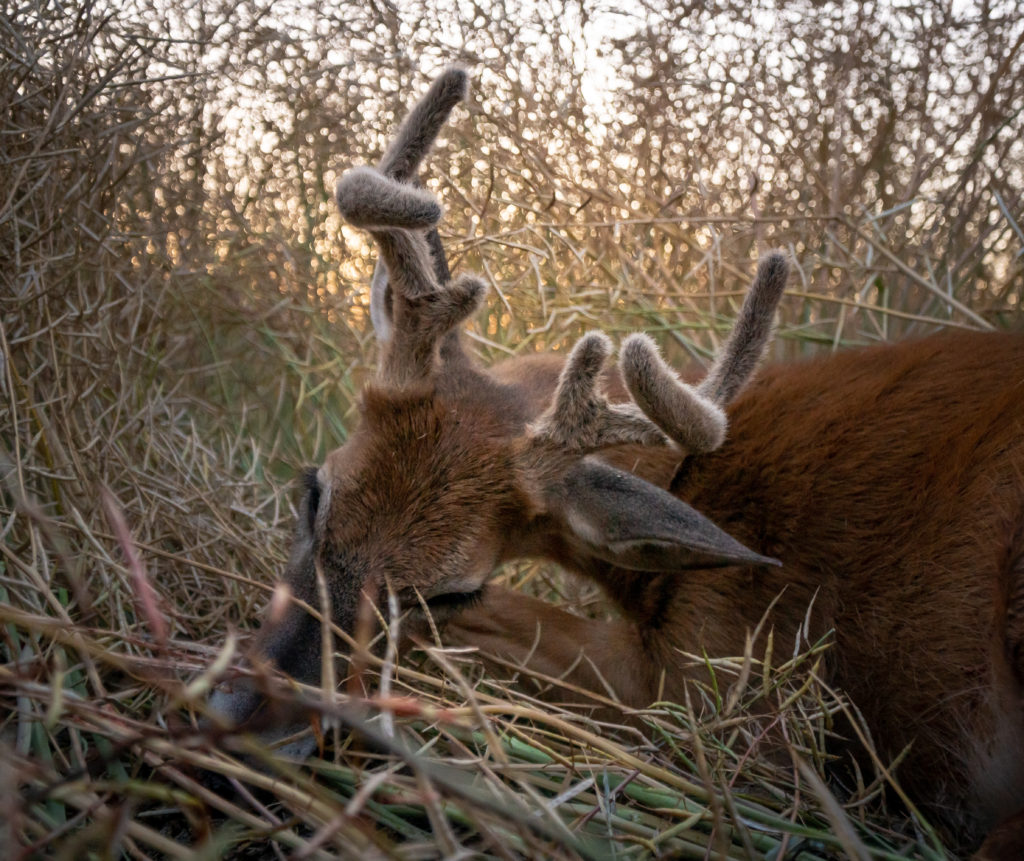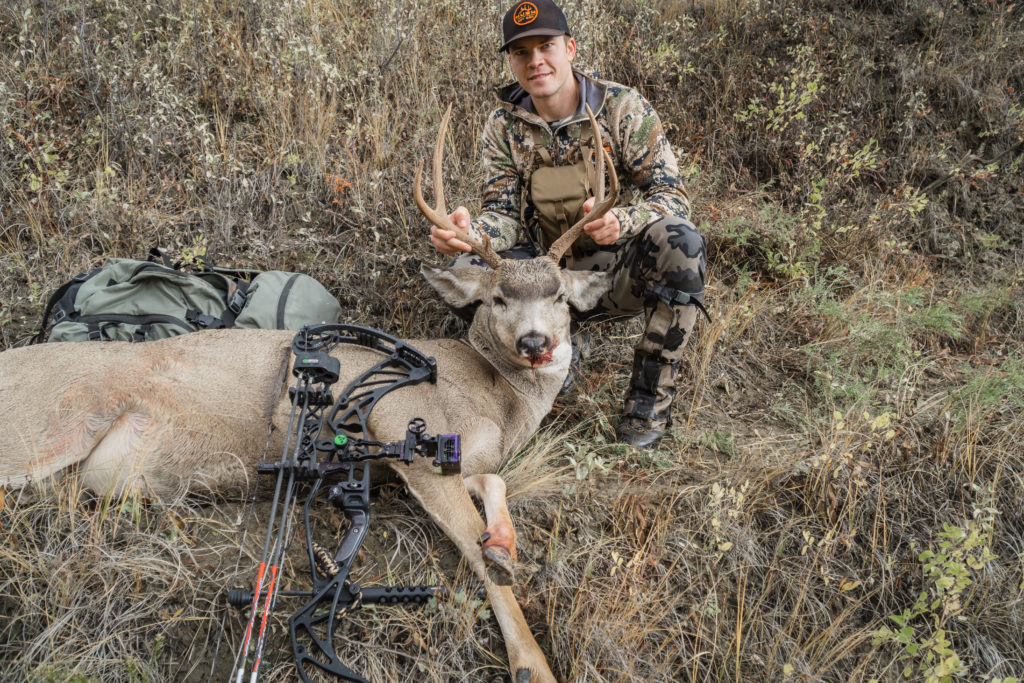Guarantee Success In The Field
As an adult-onset hunter (yes, its a real thing), entering into the hunting world can be intimidating. A quick scroll through social media and forums makes it pretty easy to come to the conclusion that 1. size matters and 2. that hunters are very quick to judge each other’s exploits. Then there are the never-ending debates about weapon choice, hunting style, and camo companies. Everybody has their opinions and they aren’t afraid to tell you.
Why is this important to talk about? S
You have made the decision to learn a new skill, engage with nature, and hopefully be rewarded with success in the process. So, what defines your success as a hunter? Is it the “score” of the buck or bull that you have harvested compared to others? What about the sex of the animal or the species? Is it the method of harvest? Or is it simply to be more connected and engaged in the outdoors?
The weird thing about this question is that there is no wrong answer! It is entirely up to you. The most important thing is to set realistic expectations for yourself to ensure success! In my first few seasons, I was happy just to see wild animals while having the chance to hunt them. Sure, I came home empty handed and posted photos of myself “hunting” without a harvest, but I still chalked it up as a win.
This is a topic that appears on social media and forums leading up to every hunting season, more experienced hunters commenting about the “poor, bad, wannabe, newbie” hunters that only have selfie photos and haven’t killed anything.
If every new hunter was not supposed to share their adventures, and actually even got shamed for doing so, it would make for a very negative experience about the sport in general. What if a seasoned hunter had a year where he did not harvest an animal, would he then not be allowed to post photos from the field? I hope as you read this last statement it sounded a little ridiculous.
Your success in the field can only be judged if you allow it to be! If you are out hunting and you want to share those experiences and adventures with your friends on social media or forums, DO IT! Own the fact that you are new, be open to
In your first few seasons, pick a realistic harvest goal with your area and your method. If you are hunting public land, any animal in your first few years (as long as it is legal to take) is a good animal to harvest. Your first deer doesn’t have to be a “wall-hanger” by any other’s standards but by yours!
While I mention a realistic harvest goal, I feel that its super important to celebrate and enjoy the small victories and successes. Did you explore some new areas, see some wildlife, attempt a stalk. Maybe you got to share some quality time with a close friend or family member? Were you hunting for big game, but connected on a grouse or other small game animal? All of these seemingly small moments are what makes the end result that much sweeter and it is a shame to not document and share these experiences.

My first two deer were both does taken with my rifle. I made good shots, and learned to gut and process my own meat! This is more valuable than the number of inches of horn. As a new hunter you cannot put a price on experience. Learning to manage your emotions, hone your stalking skills, and learning to respect the game you seek to harvest.

First Deer 2015 Whitetail 
Second Deer 2016 Mule Deer
I encourage you to get out as much as possible and to stalk every animal you see! You will bump animals, make mistakes, heck you will likely miss a shot. Each experience will leave you better and that is a success!
Share your stories, share your photos! If you manage to harvest an animal, be proud of your harvest! Posting up a photo and saying things like “ It’s small but”, “just a doe”, “wish it was bigger..” etc not only takes away from all of your hard work, learned skills, and time, but it also devalues the animal itself!
I have now harvested 3 bucks with my bow, none would score based on Pope and Young standards. All three I paid to have mounted, each one representing growth and success in their own right. All three have provided my family with

2017 Mule Deer 
2018 Whitetail Deer 
2018 Mule Deer
So I challenge you to ask yourself what your goals are and to not to put others expectations or goals on yourself! Your experiences will be better for it. And you will develop more appreciation for the lessons and skills you have learned along the way!
– R













